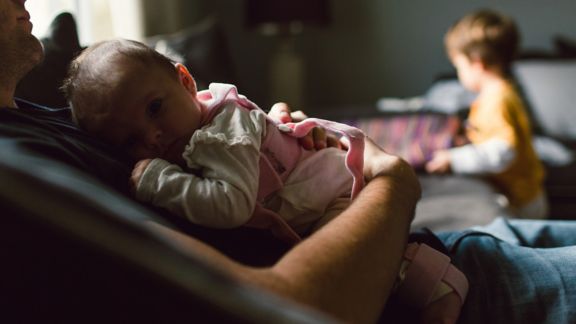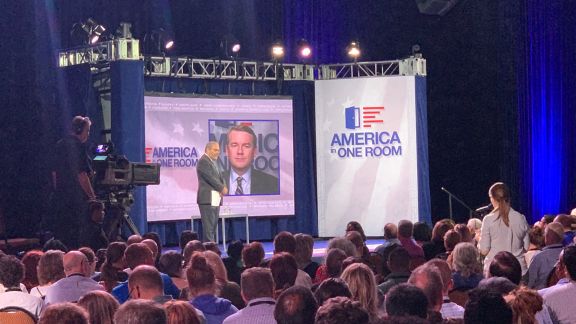Hate Incident Reporting Initiative to Strengthen Engagement in LGBTQ+ Communities (HIRISE+)

Problem
The vast majority of law enforcement agencies report zero anti-LGBTQ+ hate crimes, even as those crimes seem to be increasing.
Lesbian, gay, bisexual, transgender, and other queer (LGBTQ+) adults are 2.7 times more likely to be victims of violent crimes than non-LGBTQ+ adults, and many of these incidents go unreported or fail to be classified as hate crimes.
Broadly, hate crime appears to be increasing. Hate crimes reported by the FBI’s Uniform Crime Report (UCR) increased by 40 percent from 2015 to 2020, and anti-LGBTQ+ violence accounted for 1 of every six of these incidents. Yet approximately 90 percent of law enforcement agencies across the country still report zero hate crimes each year.
Solution
NORC is using mixed-methods, research-to-translation approach to understand how anti-LGBTQ+ hate crimes are reported.
NORC, with support from the National Institute of Justice and in partnership with the Police Executive Research Forum, designed this project to study how both LGBTQ+ victims and law enforcement decide to report violence as hate crimes and plan to use results to identify policy and procedural recommendations to increase hate crime reporting among LGBTQ+ populations.
This study employs a three-stage, mixed-methods research strategy to investigate how LGBTQ+ victims and law enforcement make decisions to report hate crimes in the Southeast, Midwest, Southwest, West Coast. Working alongside NORC on this initiative are representatives from the Police Executive Research Forum (PERF) and four police departments in local jurisdictions in each region.
- Stage 1 will focus on mapping the context of four regionally diverse jurisdictions through a quantitative web survey of local LGBTQ+ adults and an environmental scan of policies and procedures related to hate crime reporting.
- Stage 2 will leverage in-depth interviews to evaluate experiences of hate crime reporting from the perspective of LGBTQ+ victims of violence and law enforcement.
- Stage 3 will build upon results from Stages 1 and 2 to develop and disseminate evidence-based recommendations for law enforcement to increase the reporting of sexual orientation and/or gender identity (SOGI) bias-motivated violence as hate crimes.
Result
Our results will support efforts to encourage more accurate reporting of anti-LGBTQ+ hate crimes.
Results from data collection will be used to create a series of evidence-based policy and practice recommendation for law enforcement to strengthen relationships with LGBTQ+ communities and improve reporting of anti-LGBTQ+ hate crimes. Findings will be disseminated through both academic and mainstream channels, as well as used to inform tools and resources for use by law enforcement working with LGBTQ+ victims of violence.
Are You a Study Participant?
Questions about the survey? Experiencing technical difficulties? Contact us:
Related Tags
Project Leads
-
Michelle Johns
Senior Research ScientistProject Director, Co-Principal Investigator -
Stefan Vogler
Research ScientistCo-Principal Investigator -
Elizabeth Mumford
Senior FellowCo-Investigator -
Stuart Michaels
Senior Research ScientistCo-Investigator -
Erin Fordyce
Senior Research MethodologistChief Methodologist












